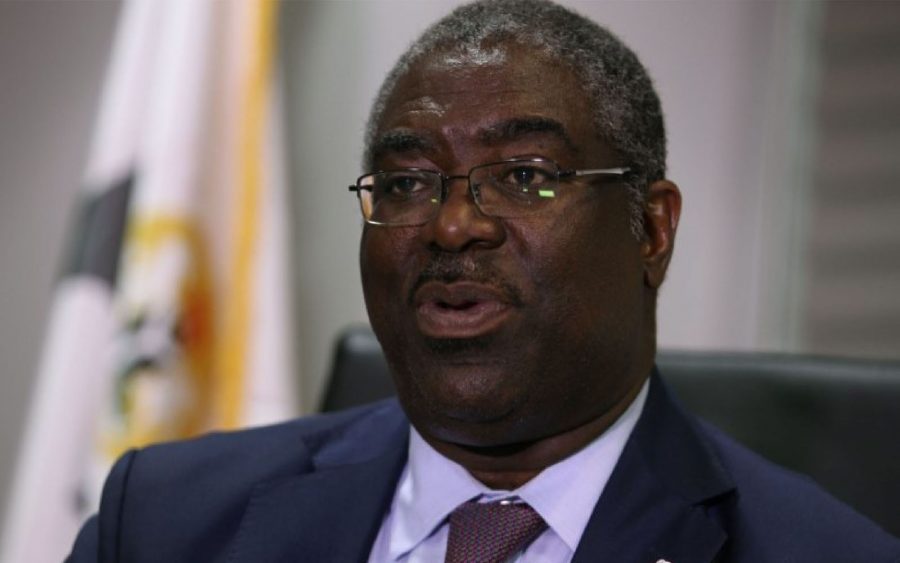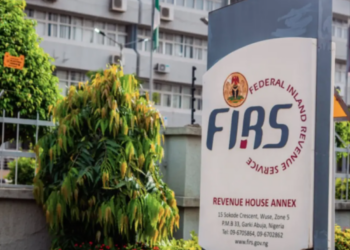The Executive Chairman of the Federal Inland Revenue Service (FIRS), Tunde Fowler, has hinted that the country’s various tax and excise law reforms might soon be harmonised, as the agency inaugurated the reconstituted National Tax Policy Implementation Committee (NTPIC).
Speaking at the inauguration ceremony, Fowler said since the committee had been officially put in place, the National Assembly might soon be required to pass a bill to carry out the harmony exercise.
[READ MORE: Read why FIRS sealed over 3,000 properties in Abuja]
Fowler charged the Technical Committee to accelerate the development and submission of a draft, Finance Bill, to harmonise the various tax and excise law reform efforts.
“It is our expectation that the Technical Committee will work assiduously over the next few weeks to produce a singular set of fiscal measures that will be considered and approved by the reconstituted NTPIC.
“Once agreed, these fiscal measures are to be submitted to the Economic Management Team and Federal Executive Council, for approval and ultimate transmission to the National Assembly, for passage into law, as part of the efforts to support the 2020 Executive Budget proposal.”
What you should know: Tax harmonisation is generally understood as an adjusted tax system of different jurisdictions in the pursuit of a common policy objective. This type of policy involves the removal of tax distortions affecting commodity, and factor movements in order to bring about a more efficient allocation of resources within an integrated market.
Controlling tax rates does not only stabilize tax revenues but is also sometimes necessary for moving forward with economic and political integration. On the other hand, deregulating tax rates maintains the autonomy of member countries in tax matters for their own short-term economic and social policy purposes. In addition, it mitigates political distortions.
[READ ALSO: Federal Government to stop ownership of gas cylinders by consumers]
Prior to this development, OXFAM, an International Non-Governmental Organisation, had advised the Nigerian government to review the country’s tax incentive policy, which currently costs the country huge revenue loss.


















